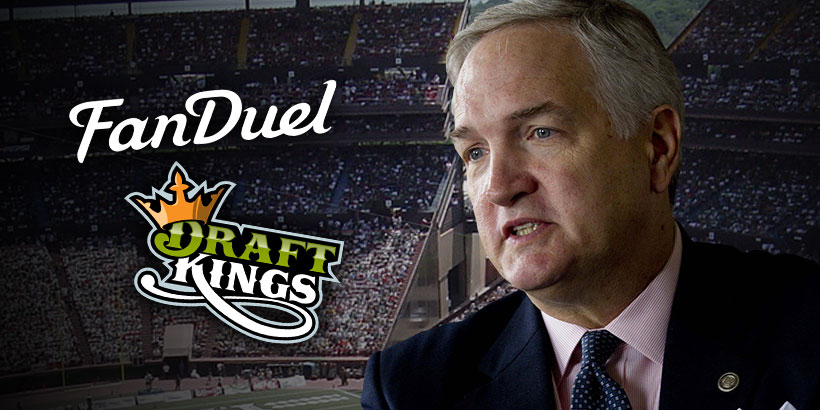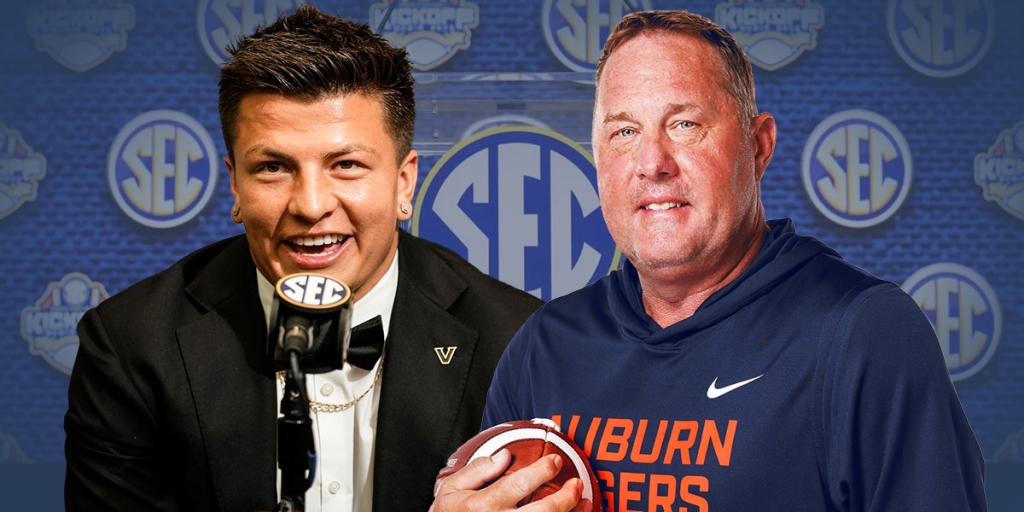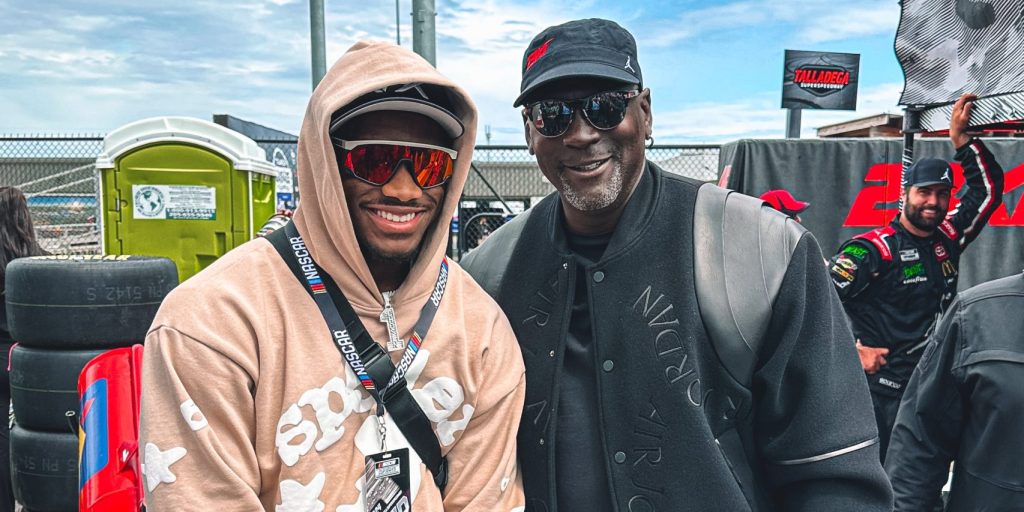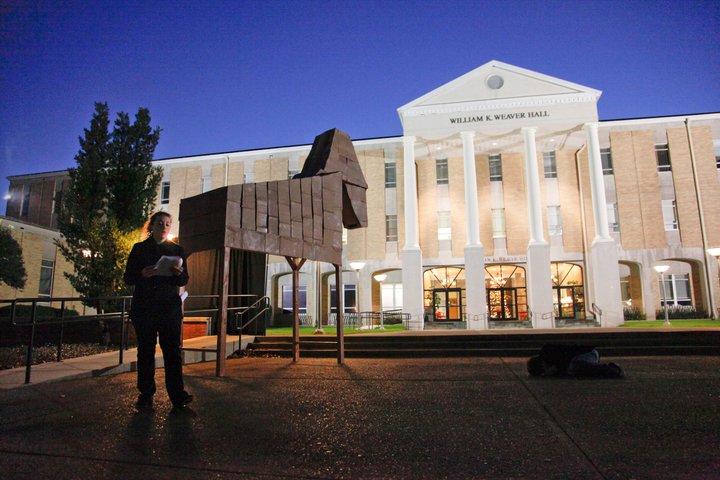
Alabamians who participated in fantasy sports like DraftKings and FanDuel will no longer be able to access those sites beginning today.
Alabama Attorney General Luther Strange announced last week that FanDuel and DraftKings had reached a settlement to cease all operations in the state starting May 2. Both companies are now required to block access from any Alabama-based IP address and must process requests to withdraw account balances within seven business days.
“I am pleased to report that fantasy sports operators DraftKings and FanDuel have complied with my order that they halt paid contests within the State of Alabama,” Strange said.
The settlement from DraftKings and FanDuel comes one month after they received cease and desist letters from Strange. The Attorney General argued that fantasy sports betting sites are illegal according to Alabama law. Strange says that in Alabama, an activity constitutes illegal gambling if a person stakes something of value on a contest of chance, even when skill is involved, in order to win a prize.
Over 700,000 Alabamians — roughly 20% of the state’s population over the age of 18 — played fantasy sports last year, with the vast majority participating in various NFL and NASCAR fantasy leagues.
Some Alabama sports fans are sad to see DraftKings and FanDuel go.
“You know, won some, lost some, but it was all in fun,” one fan told WVTM 13. “I mean, you don’t put all your hard-earned money into it.”
“It goes back to the gambling thing for Alabama and I would vote yes on gambling in Alabama as well,” he added.
“I think it is a skilled sport,” said another FanDuel user. “I think it’s not just like any other gambling where you’re betting on games. I think there is some skill involved.”
The debate over fantasy sports regulation comes down to whether or not they are considered games of chance or skill. Strange contends that they are clearly contests of chance, but online fantasy sports advocates say that there is far more to it than just that.
Here’s how it works:
Season-long fantasy leagues often consist of groups of friends who play for free on websites like ESPN and Yahoo. Daily and weekly fantasy games, however, begin by team managers paying an entry fee — ranging from as little as 25 cents up to $1,000 — to compete against opponents — ranging from dozens of them, to hundreds — for a prize pool that can sometimes be as large as $2 million. Team managers bid on real-life players to assemble a roster, then win or lose based on how their fantasy players perform in real games.
Thousands of experts compile and analyze the data and fantasy team managers consume as much data as possible in hopes of getting a leg up on the competition. It is for this reason that the top level fantasy leagues see their most skilled players win on a regular basis.
Many fantasy football team managers, for instance, not only take into account surface-level statistics like receiving, passing and rushing yardage, but much more nuanced considerations. These may include how each player has historically performed against the team he is facing; how the weather may impact each player’s output; whether a player may be extra motivated against a rival; and even what time of day the game is taking place. In paid games, these deeper considerations could also include which players are relatively under-or-overvalued, based on what other players are bidding to have them on their team.
Earlier this year, two bills – SB114 and HB56 – entered the legislature in an attempt to clarify that fantasy sports are legal in Alabama and “establish the Fantasy Contests Act to regulate the operation of fantasy or simulated contests in the state.” Both bills have been indefinitely postponed for the remainder of this session.
Alabama joins eleven other states that have declared paid daily sports contests illegal.












